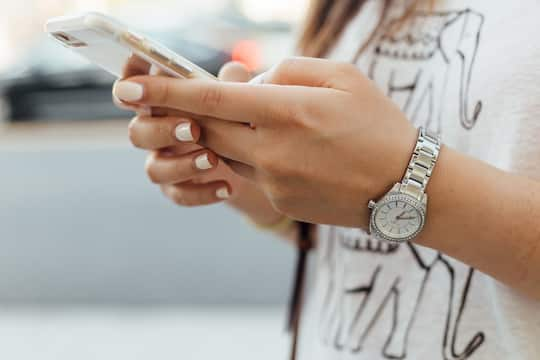How people feel about the pandemic and what they are doing in response.
Checking in with loved ones is the most popular way to improve mental health during the current COVID-19 pandemic, a new survey finds.
Sixty percent of people are regularly contacting loved ones to help improve their mental health.
Increasing exercise is the second most popular strategy, with 35 percent trying this.
Finally, thirty percent are limiting their consumption of the news and 29 percent are performing acts of kindness for others.
The results come from a survey of 1,055 US adults aged over 18.
It revealed that most Americans thought social distancing would impact mental health if it continued much longer (84 percent).
In addition, 41 percent are worried about increased anxiety as a result of the pandemic.
Dr Dean Aslinia, counselling department chair at the University of Phoenix, said:
“While many people are currently feeling anxiety, there can be several ways to maintain good mental health by making small behavior changes.
Instead of texting or emailing, make a phone call or use video chat to build a more meaningful connection.
Build activity in your day by trying something new or setting a goal for yourself to start a new project.
Remember, it is okay to seek professional help, if your negative feelings persist.
Many mental health practitioners are offering virtual counseling sessions so you can have someone to talk to without leaving the house.”
Other worries people were experiencing included:
- problems paying bills (33 percent),
- reduced salary (26 percent),
- and being out of work (22 percent).
Around two-thirds of respondents said they felt everything was out of control at the moment.
On the other hand, 65 percent reported feeling grateful for their family, friends and health.
Over one-third were optimistic that the country would emerge stronger from the crisis.
Dr Aslinia said:
“It is encouraging to see some people take this time to practice habits that will improve their mental health.
Feelings of anxiety are not solely due to isolation or social distancing.
The everyday choices we make including technology overuse, impersonal interactions and engaging with people that are unhealthy for us, all lead to anxiety.
If something good can come from this pandemic, we can hopefully recognize the need for intentional behaviors that maintain and improve our mental health.”
The survey was commissioned by the University of Phoenix from The Harris Poll.

